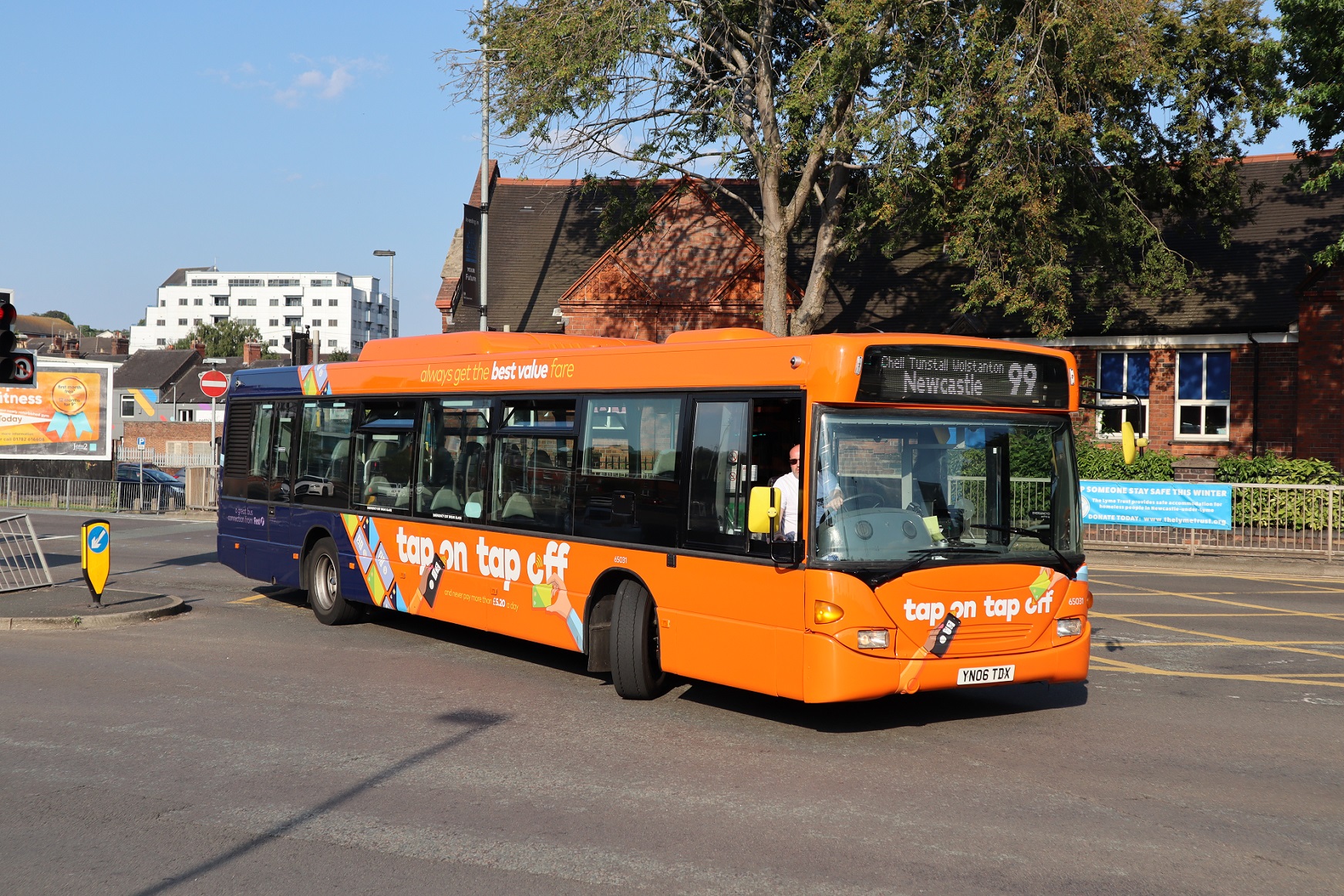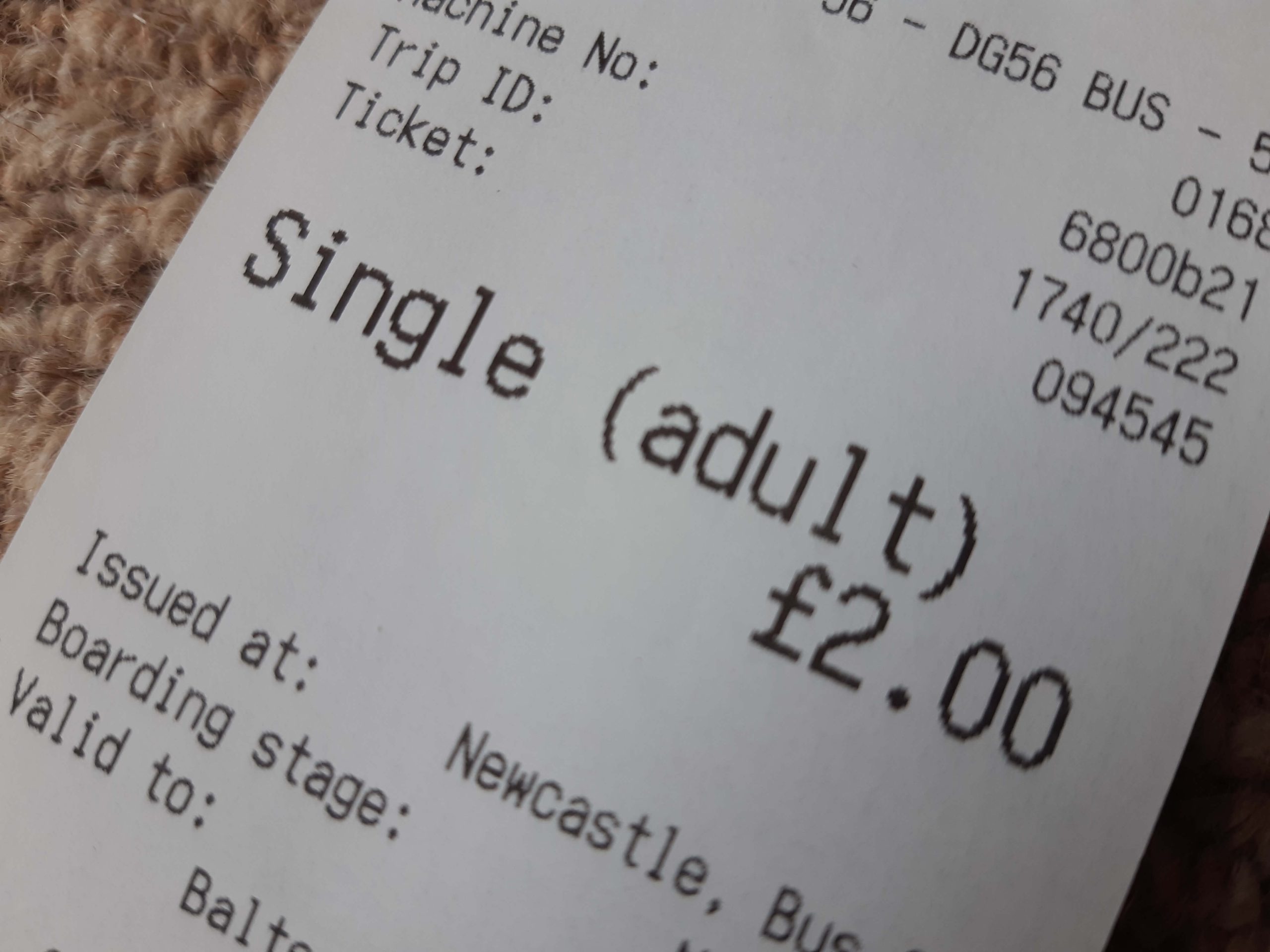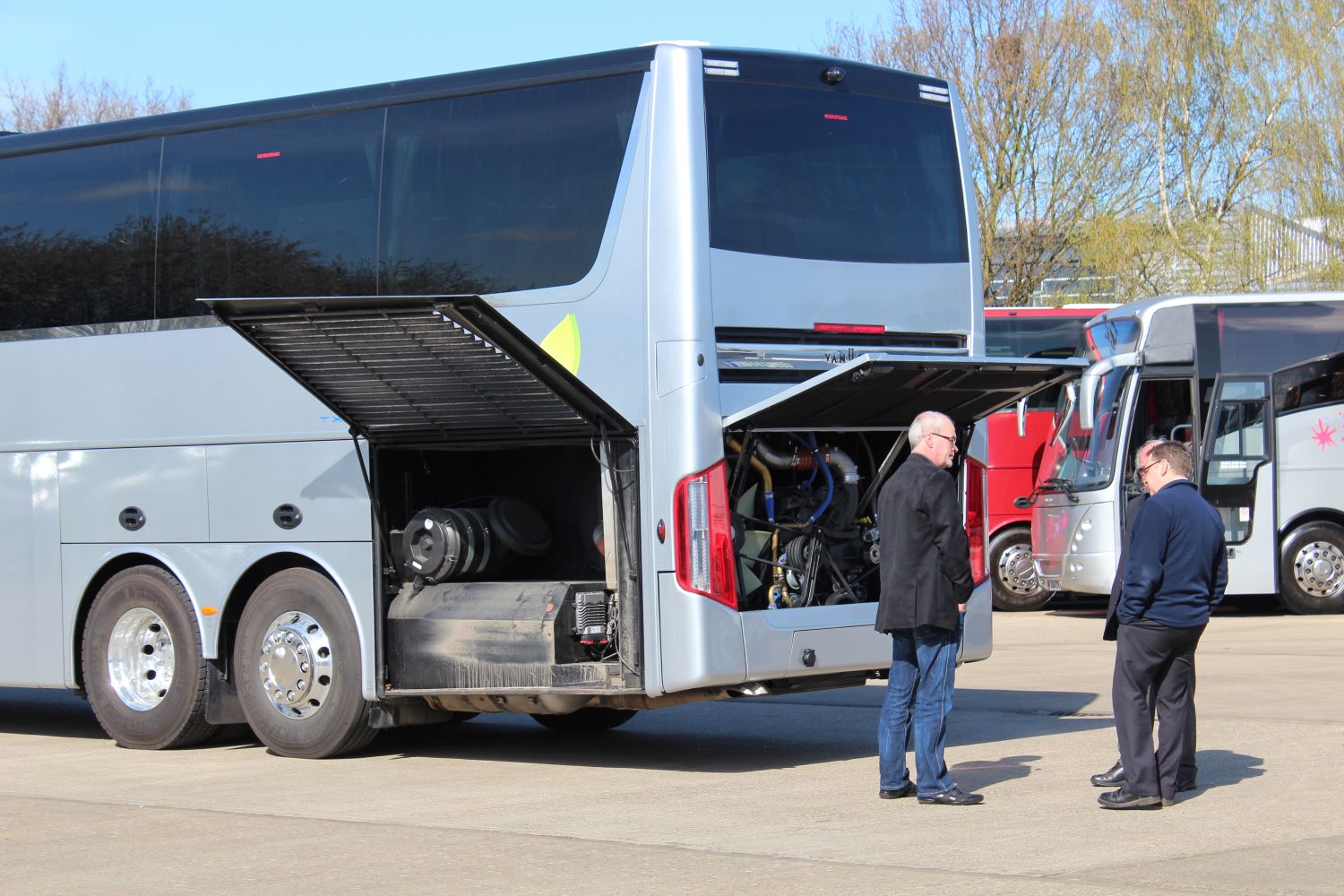The bus sector has given mixed feedback on last month’s government announcement of a package of support for networks in England
Months of uncertainty for the bus sector in England came to an end on 17 May when the government announced an extension of the Bus Fare Cap Grant (BFCG) scheme until November 2024 and additional revenue into 2025.
On the one hand, the industry largely appears pleased to see longer-term commitments in place following a series of short-term solutions that left operators and local authorities with difficulties in making business plans. However, there remain concerns that the level of funding will not be enough to save services from cuts, as well as doubts over the value of the fare cap and the consequences to be faced when it eventually ends.
The May-announced package of support for the bus sector in England outside London is worth £500 million. Of that, £200 million will fund BFCG. The remaining £300 million will be split between £160 million for local transport authorities (LTA) to improve services via the Bus Service Improvement Plan Plus (BSIP Plus) approach and £140 million to operators via the new Bus Service Operators Grant Plus (BSOG Plus).
The BSIP Plus scheme will mainly support LTAs that did not benefit from previous Bus Service Improvement Plan funding and the first round of Plus allocations has seen 63 authorities benefit from a combined total of £80 million. BSOG Plus payments will be in addition to the Bus Service Operators Grant (BSOG), which will continue to be paid at the existing rates.
Longer-term help welcomed
The Confederation of Passenger Transport (CPT) worked hard to successfully lobby the government to continue funding beyond the scheduled end of BSOG and BFCG on 30 June, warning that 15% of services were otherwise at risk.
CPT Chief Executive Graham Vidler says: “We really welcomed the two-year nature of the funding settlement; that’s exactly what we were asking for and a move away from the three-month extension after three-month extension after three-month extension.”
Those thoughts are echoed by Rebecca Fuller, Interim Director at the Urban Transport Group, who says: “The government’s decision to extend bus funding to 2025 offers a degree of longer-term certainty and brings to an end the stop-start approach that has dominated government support for the bus since the pandemic.”
Both Graham and Rebecca seem to agree that certain geographical areas could be left short-changed in the funding process, with the latter saying: “It seems likely that there will be winners and losers from this announcement and we are keen to ensure that our urban areas have the funding they need to not only safeguard but to also transform bus services as envisaged in the National Bus Strategy.
“To achieve this ambition, buses must do more than survive, they must be enabled to thrive.”
Dawn Badminton-Capps, England Director at Bus Users UK, is concerned the funding amount will not be enough. “The difficulty in bus is that we never seem to have enough money,” she says.
“It’s that same situation that we’ve had repeatedly over the last few years — it’s coming so late in the day again that operators have already been looking at what they might need to cut from their networks. It’s not perfect, but it’s great to have positive news and at least we aren’t completely on that cliff edge like in March.”
Operators buoyant
Several operators and local authorities gave a fully positive response to the news. A spokesperson for Stagecoach says: “Bus networks need to evolve to reflect changes in the way we now live, work and travel.
“The announcement of this ongoing funding will help us to design and plan our services for the future, and we will be working closely with government to better understand the details of this extension and the impact on our services as we continue to help connect people, places and communities.”
A spokesman for Go-Ahead adds: “Although lower than the existing rate of public funding to protect networks, it will allow us to continue offering low-cost bus fares and it will help to protect many routes relied upon by local communities up and down the country.”
Luke Marion, Oxford Bus Company, Thames Travel and Carousel Buses Managing Director, adds: “Having longer visibility on government funding is great news as it will help bus operators plan with more clarity and confidence and continue to maintain and develop good-quality, reliable bus services.”
Councillor Andrew Gant, Oxfordshire County Council’s Cabinet Member for Highways Management, further reflects the optimistic mood, saying: “This is fantastic news for bus passengers, who can now continue to take advantage of discounted travel until at least November 2024.
“Buses are incredibly important for Oxfordshire’s rural and urban communities and, by making them more attractive to use, it will take more cars off our roads — easing congestion for everyone.”
Felicity Tidbury, Assistant Director for Transport at Portsmouth City Council, welcomes the announcement, believing its Bus Service Improvement Plan and Zero-Emission Bus Regional Area scheme are “paving the way for a brighter future”. “I am delighted to see a continued focus on transforming sustainable travel,” she says.
Fare cap doubts
Some operators are outwardly glowing about the extension of the BFCG. Few would disagree with Graham when he points out it has been great for raising the profile of the bus. The news of the government announcement was overwhelmingly focused on the fare cap element, linked to massive national and local coverage.
However, Graham adds: “If the objective is to increase the number of people using buses, it really isn’t working. There’s no evidence to show a discernible impact at an aggregate level whatsoever.”
A survey of just over 1,100 people by Transport Focus found only 11% were using the bus more as a result of the scheme, although awareness of the scheme was as high as 56%. The government last month published its own interim report, which included survey results, although it stressed “the data is not sufficient to be able to draw conclusions on the key drivers of outcomes”.
It found patronage on buses was 23% higher at weekends and 18% higher on weekdays over the four weeks from 2 January 2023 compared to the same period in 2022, although it conceded there was no evidence this was due to the scheme.
Tom Morgan, Managing Director at Wellglade Group, whose operations include Trentbarton, has similar reservations. “As a mechanism it’s a bit of a blunt instrument,” he says, highlighting that the scheme has led to overloading on certain parts of the inter-urban networks run by Wellgrade operators due to passengers staying onboard longer.
He adds: “One of the key drivers, according to what was sold to us initially, was to encourage modal shift and I’m not aware of any research that has identified that that has taken place. If it’s not meeting its objectives, you have to question why it is continuing.”
The fare cap will increase from £2 to £2.50 from November before the scheme is reviewed 12 months later. Tom is concerned that sudden price rises which will inevitably follow any end to the scheme will lead to operators “losing more than we gained”.
He makes the same point as Graham, who adds: “If you look at passenger priorities, time after time after time you see the research showing that the things that matter most to passengers are whether there is a bus service at all, how frequent it is, whether it matches the times they want to travel and how quick and reliable it is. All those things we believe are bigger things for public expenditure than bearing down on fares.”
Dawn agrees: “Not to say the £2 fare hasn’t been beneficial to customers but there is a bit of a question mark as to whether it has created any modal shift and whether the increase we’ve seen at the farebox is just people taking advantage of it that were already bus users anyway.”
Tom, who adds that the scheme has made identifying journey trends and using fares as commercial leverage much more difficult, believes a better scheme would be to discount the user rather than the product.
He suggests: “Rather than making bus fares £2, you give people credit on bus, whether that’s on a travel card or an app or whatever. You give the user the discount or the credit and they just spend it wherever they want to. It means the consumers can see the genuine price of the product without devaluing it.”
More funding for Wales
Also last month, the Welsh Government announced £46 million of support beyond July and to the end of the current financial year, as well as a promise for “similar money” for 2024-25.
Scott Pearson, a Director at Coach and Bus Association Cymru (CaBAC), and Managing Director of Newport Transport, warmly received the news, saying: “It was heartening to hear the cross-party support from the Senedd floor for the bus industry in Wales. We hope that this flows into a long-term financial settlement for bus to avoid these challenges recurring.”




























